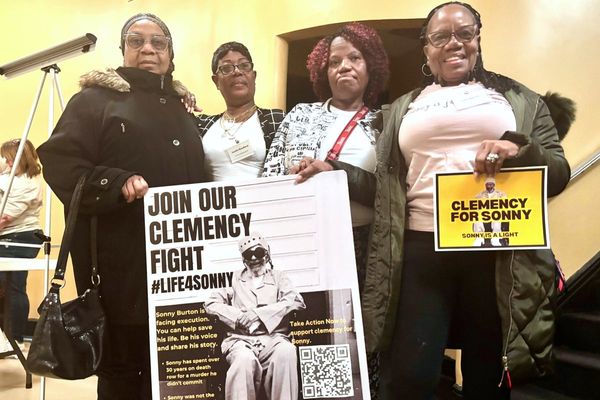Few companies singularly affect the U.S. economy more than Boeing.
The largest aerospace company in the world, Boeing boasts more than 150,000 employees and has annual sales of more than $100 billion. It's the largest segment of the Dow Jones industrial average, and on Wednesday, it reported a drop in earnings that is costing the company at least $1 billion. In the first quarter of 2019, Boeing's delivery of new planes dropped by 19 percent compared with last year.
It's never good when you have to defend your firm's handling of a crisis during a conference call with investors. But it's not just Boeing's reputation that's at stake _ U.S. leadership in world aviation is at risk, too. Last year, the United States exported $130 billion in civilian airplanes and equipment, much of it built by Boeing.
After two fatal crashes of 737 Max airliners less than five months apart, the Boeing model was grounded around the world. That led the company to work on a software fix to flight-control software that is the focus of investigators. Pilots complained that Boeing kept them in the dark about the software.
And the news keeps getting worse.
The New York Times recently reported problems with another Boeing airplane, the 787 Dreamliner built in South Carolina, that include a lack of oversight, and concerns with safety, defective manufacturing and leftover debris. While Boeing has denied some of the claims, more challenges to its safety record certainly will not help the company _ and will ripple through the rest of the economy.
Those concerns are magnified by the Federal Aviation Administration's lack of oversight, particularly in how it allowed Boeing to self-regulate and certify its own planes, and by the tight, intertwined relationship the Trump administration seems to have with Boeing.
The FAA's top safety officer was previously part of an industry association that advocated for manufacturers to certify their own work. The acting secretary of defense, Patrick Shanahan, spent decades at Boeing before coming to the Trump administration. President Donald Trump has lavished praise on Boeing and wants it to sell more planes to China to help close the trade gap.
The unfolding Boeing story is a clear sign of the risks of lax regulation. Even as the Trump administration suggests that less regulation means better economic growth, that's clearly not true when massive failures occur _ failures that result in hundreds of fatalities _ and hold the potential for an economic crisis that could go far beyond Boeing's doors. A federal investigation of Boeing and the FAA must go forward unimpeded. Trust in the FAA and Boeing is what we sell to the world.
Meanwhile, competitors across the globe wait in the wings.
Beyond Europe's Airbus, aerospace experts point to the potential for China to establish its own airline manufacturing industry. Without tougher regulations, and far more attention on what's happening inside Boeing, the U.S. aerospace industry, and even the overall economy, could be grounded, too.







